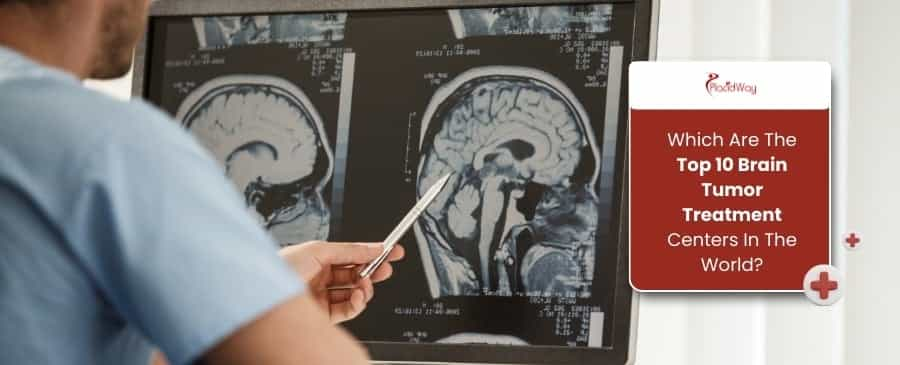Top 10 Brain Tumor Treatment Centers in the World

The quest for world-class brain tumor treatment centers often leads individuals and their families to institutions renowned for their pioneering research, state-of-the-art technology, and highly specialized teams.
In this guide, we'll explore what makes a center exceptional, delve into the types of treatments available, and highlight some of the leading institutions around the globe that are at the forefront of neuro-oncology.
What makes a brain tumor center "top-tier"?
Firstly, a truly excellent center boasts a highly specialized and multidisciplinary team. This means a coordinated group of experts including neurosurgeons, neuro-oncologists, radiation oncologists, neuropathologists, neuro-radiologists, rehabilitation therapists, and palliative care specialists.
This collaborative approach ensures that every aspect of a patient's condition is evaluated and addressed, leading to a more holistic and effective treatment plan. Each specialist contributes their unique perspective, creating a comprehensive strategy that a single doctor could not achieve alone.
Secondly, access to advanced technology and innovative treatments is crucial. Top centers invest heavily in the latest diagnostic imaging (like fMRI, PET scans, advanced MRI sequences), precise surgical navigation systems (neuronavigation, intraoperative MRI), and state-of-the-art radiation therapies (proton therapy, Gamma Knife, CyberKnife).
How do I choose the best brain tumor treatment center?
Start by focusing on expertise and experience. Look for centers with a high volume of patients treated for your specific type of brain tumor. Experience often correlates with better outcomes.
Consider the availability of advanced technology and research. The best centers offer cutting-edge diagnostic tools and therapeutic options, including advanced imaging, precision radiation therapies, and minimally invasive surgical techniques. More importantly, inquire about their participation in clinical trials.
What types of treatments are offered at leading brain tumor centers?
Leading brain tumor treatment centers employ a comprehensive arsenal of therapies, often combining multiple modalities to achieve the best possible outcomes. The specific treatment plan is always individualized, based on the tumor type, size, location, grade, and the patient's overall health and preferences.
Chemotherapy and targeted therapies play a significant role, either alone or in combination with other treatments. These medications work by killing cancer cells or blocking specific pathways that fuel tumor growth. Immunotherapy, which harnesses the body's own immune system to fight cancer, represents a newer and promising frontier, especially for certain aggressive brain tumors like glioblastoma.
What are the latest advancements in brain tumor treatment?
The field of brain tumor treatment is dynamic, with continuous advancements driven by intensive research at leading centers worldwide. These innovations offer new hope, improved outcomes, and reduced side effects for patients facing brain cancer. Keeping abreast of these developments is crucial for those seeking the most modern and effective care.
What should I consider when traveling for brain tumor treatment?
Traveling for brain tumor treatment, especially internationally, introduces a layer of complexity that requires careful planning and consideration. While the primary focus remains on receiving the best medical care, logistical challenges can significantly impact the patient's and family's experience.
Firstly, thoroughly research and plan your travel logistics. This includes visa requirements for the patient and accompanying family members, flight arrangements, and ground transportation to and from the chosen brain tumor treatment center.
Secondly, focus on the medical and support aspects. Ensure all your medical records, imaging scans, and pathology reports are meticulously compiled, translated if necessary, and securely transferred to the international brain tumor treatment center.
If you're exploring options for advanced healthcare globally, PlacidWay can connect you with leading medical centers and assist with planning your medical journey. Discover solutions for your healthcare needs with PlacidWay today.


.png)
.png)


.png)





Share this listing